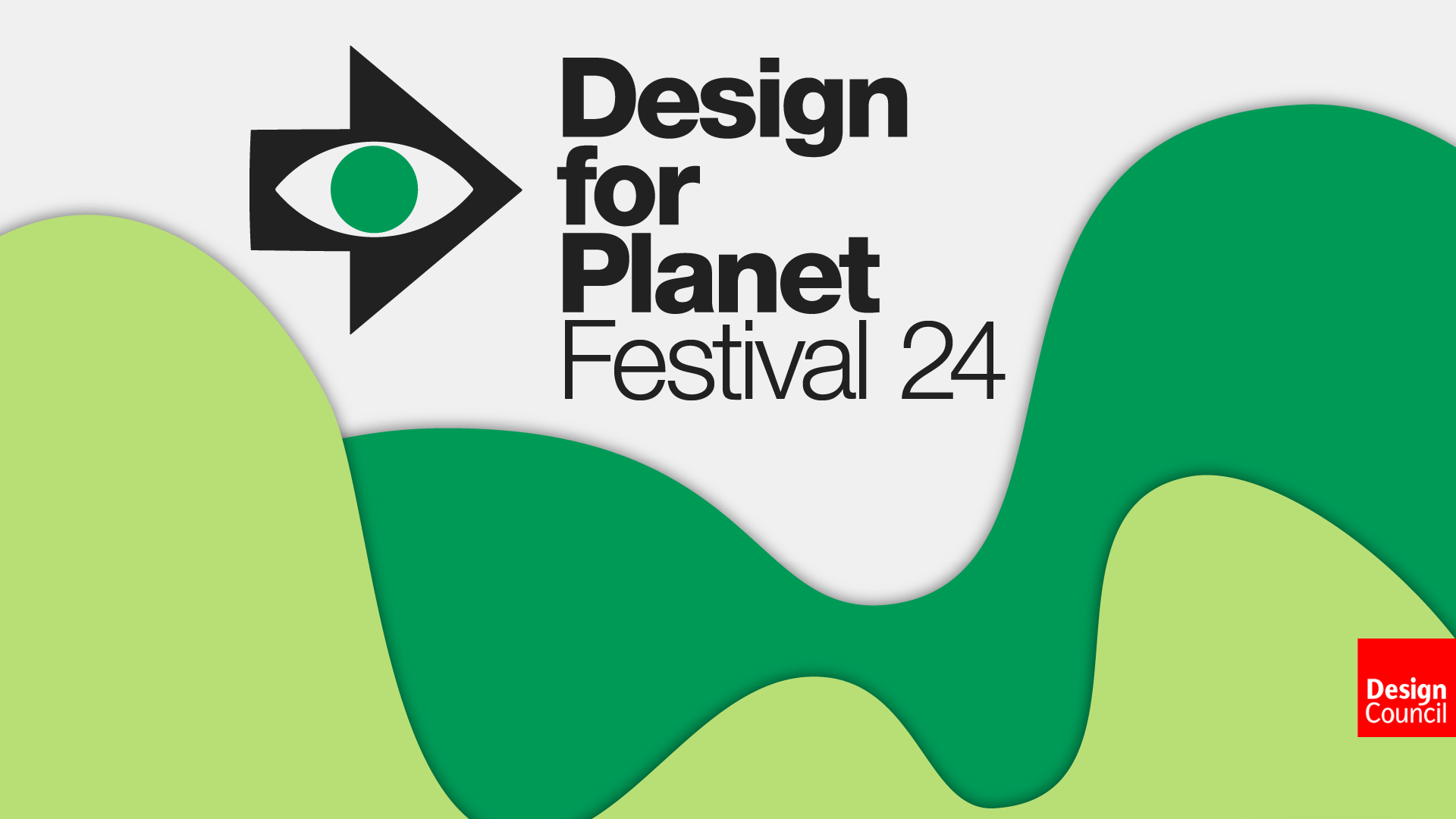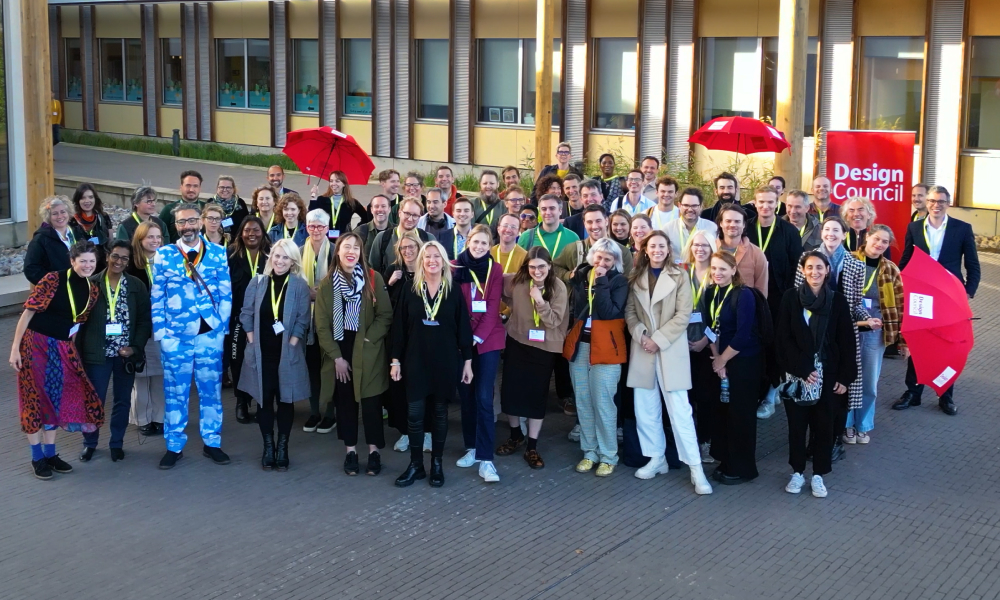Design for Planet Festival is the Design Council’s flagship event, forming part of the Design for Planet mission: to galvanise the 1.97 million people working in design across the UK to design our way to a net zero world and beyond.
Launched in 2021, the festival brings together the whole design sector – from AI and digital systems, to fashion and architecture – inspiring action around climate-positive design and showcasing the latest regenerative design innovations. This year’s festival will bring global attention to the UK’s leadership in design and its role in addressing the planetary emergency, in the lead up to the World Design Congress in London 2025.
Manchester is the UK’s third largest green economy, a city with an ambition for inclusive, green growth and a thriving design industry. Renowned for its rich industrial past and vibrant cultural scene, Manchester’s position as the world’s first industrialised city has left the region’s heritage deeply intertwined with its architectural and design landscape. In collaboration with Manchester School of Art – in the same year that Manchester Met celebrates its 200th anniversary – the festival Planet-Positive Business theme will demonstrate how design can support in the shaping of sustainable product lines, alongside the creation of circular business models and services; to mobilise the UK’s powerful design community into uniting efforts with businesses to address the climate crisis.
The Design Council’s recently published research shows that while 73% of designers think the demand for environmental design is going to grow, only 43% think they have the capability to do so. The Design for Planet Festival aims to help close the green design skills gap by empowering designers with the stories, stats and skills to challenge briefs, suggest innovative materials and systems at the forefront of sustainability, and highlight the power of design to achieve the triple bottom line.
Championing design innovation and advocacy, the event will bring together designers, design studios, students, businesses, educators and policymakers. Exploring themes such as retrofit as a catalyst in urban architecture, regenerative growth in design enterprises and how circular design could transform Manchester’s fashion scene.
Programme highlights include:
- Opening Remarks: Minnie Moll (Design Council), Martyn Evans (Manchester Metropolitan Uuniversity)
- Keynote – Growing a Regenerative Design Business: Patrick Grant (Community Clothing, BBC’s Great British Sewing Bee)
- Keynote – Driving the Future: Usha Raghavachari (D-Ford)
- Panel – Fashion Forward, Manchester’s Industrial Past and Sustainable Future: Susan Postlethwaite (MMU), Alison Carlin (Manchester Fashion Movement), Talia Hussain (Loughborough University)
- Panel – Radical Retrofitting: Gemma Birchall (Purcell), Muyiwa Oki (RIBA), Tayo Adebowale (Cirkadia), Nick Johnson (Marketserv Ltd), Phin Harper (Open City)
- How to: Visualise sustainability in the digital age: Abb-d Taiyo (Driftime)
- Design Debates: Making money or changing the system? Martyn Evans (Landsec U+I), James Vaccaro (RePattern, Triodos Bank)), Katie Hill (B Lab Global)
- Design Debates: Products vs Business models? Richard Hall (UKRI), Lisa Henderson (ilka), Simeon Rose (Faith in Nature), Efia Mainoo (BlackOwner Studios + Marketplace), Pete Swift (Planit), Dr Bernice Pan (Deploy) and Nilesha Chauvet (GOOD Agency)
- Keynote – Skills for the Future: Sophie Thomas (Thomas.Matthews)
The full programme is available here.
The programme will explore and advocate for how design can help achieve Planet Positive Business in five key ways:
- Design can save money by reducing carbon and helping to reduce scope 1-3 emissions.
- Design can increase commerciality of sustainable products de-risking innovation by testing with users ensuring solutions are desirable.
- Design can create value out of waste (or bio-material innovation) and helps keep more value in play.
- Design helps businesses meet wider ESG and fiduciary responsibilities including reducing climate risks, saving customers money and winning more business.
- Design can help businesses stay ahead of the market (creating new markets and ways of doing business).


